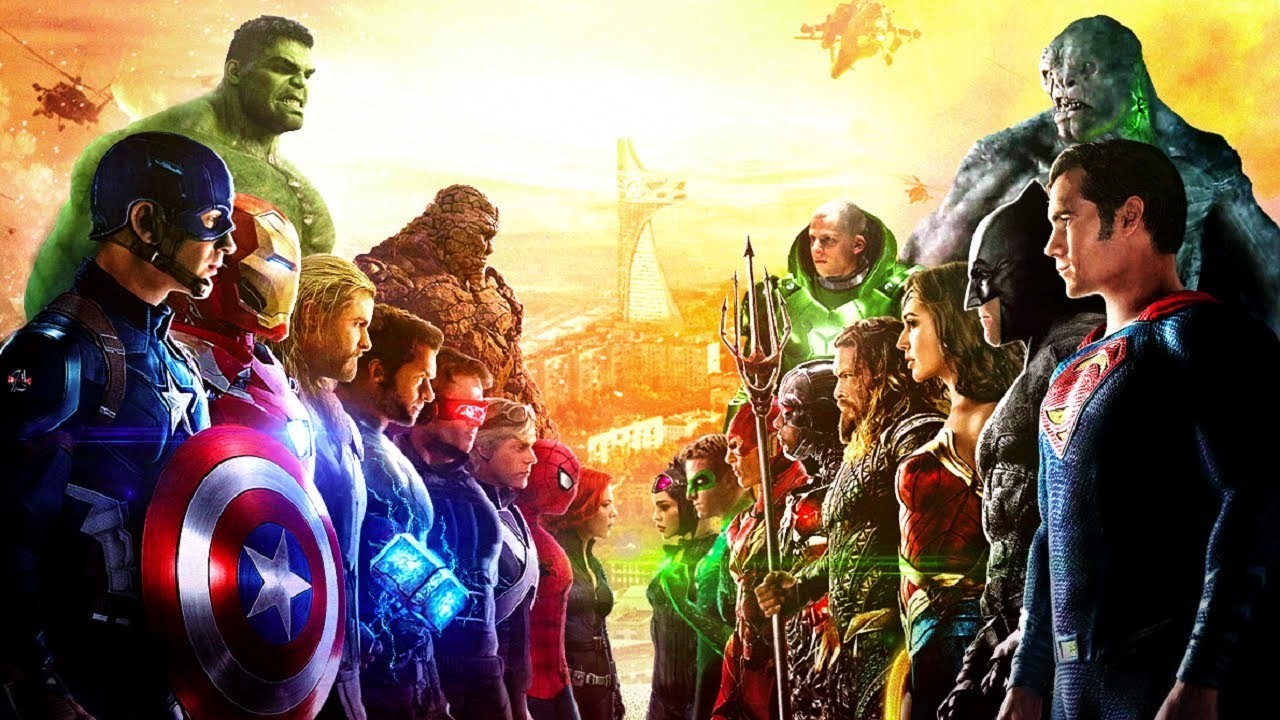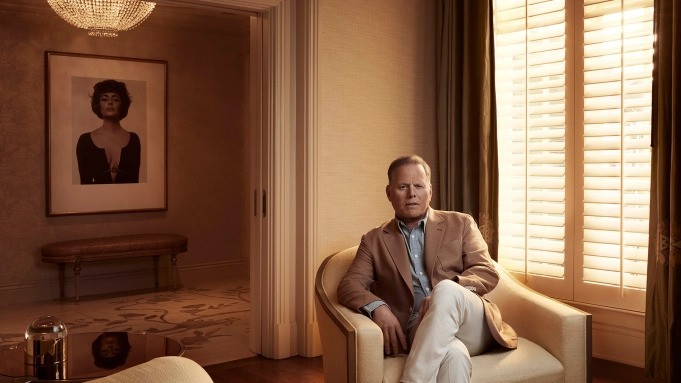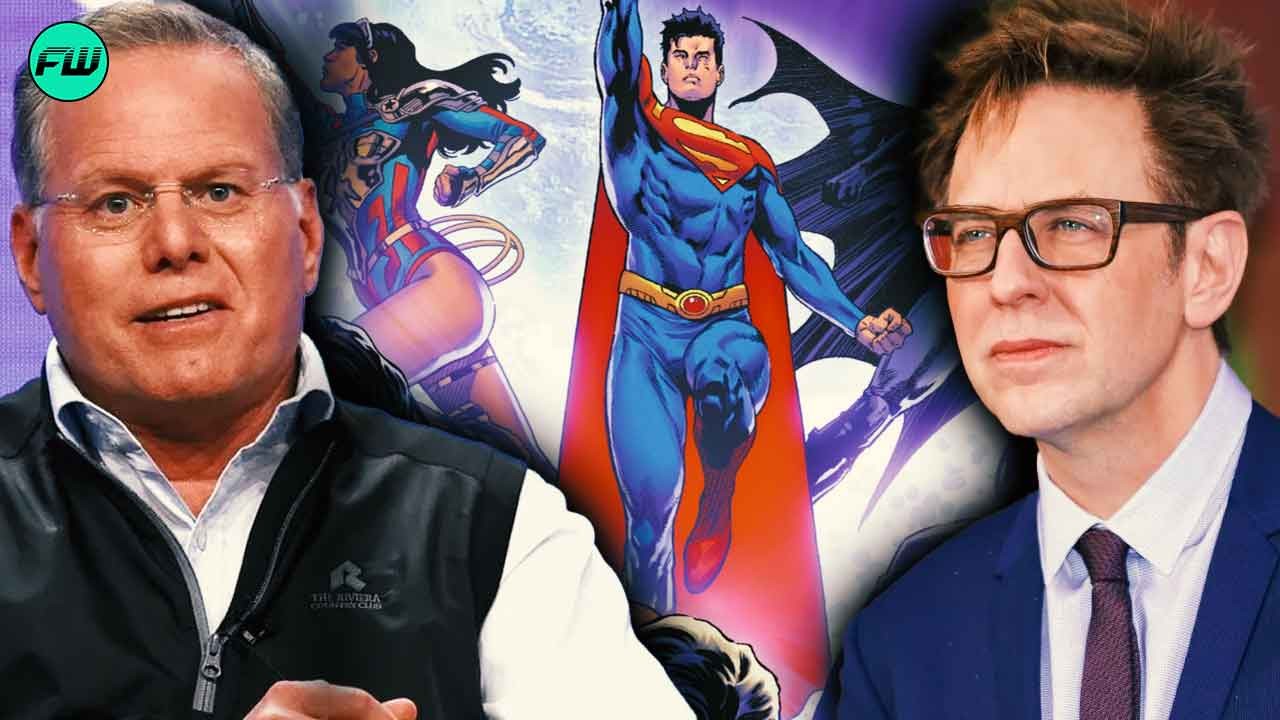The tables have turned on David Zaslav’s DC Universe plans as the CEO’s vision of building a franchise in the image of Kevin Feige’s MCU shows the possibility of an early downfall. However, for a change, this new problem is not caused by the lack of competency on the studio administration’s part. A recent study showcases the existence of a disparity in fandom while investing in a certain franchise. This disparity has now become a behemoth that can engulf an entire industry, especially when it comes to Marvel and DC and their pattern of saturated superhero projects.

A Study on MCU and DCU’s Fate of Interconnected Universes
A highly detailed and meticulous research study conducted by Fandom on fans’ approach and response toward franchises, movies, shows, and the entertainment industry as a whole has brought out the existence of a significant underlying behavioral trait. The report claims that the fans who are not primarily devoted to a franchise’s IP despite being invested in its stories and narrative are likely to be influenced by the marketing buzz surrounding a certain project. These fans constitute a majority of the overall fan base and as such affect the final outcome of a studio’s success rate.

However, with the growing canon of history behind the MCU (with 16 projects in Phase Four itself), it is becoming fundamentally difficult for the newer fans to keep up with the hype of the franchise, without properly investing in its origin saga first. The Fandom study now claims that 36% of the MCU fanbase feels exhausted by the constant stream of production, while for DC, that number polls to only 20%.
With DCU’s new outlook at building a connected universe that focuses on a 10-year-term plan will then be directly detrimental to its usual fanbase that seems more interested in watching specific superheroes in action rather than an interdependent story that needs to be followed in its entirety.
Marvel vs DC: A Race to Conquer the Multiverse of Movies
In recent years, Marvel’s fandom has been built upon an infrastructure that deals in fan response (as was seen in the reception of Thor: Love and Thunder). Luckily enough, for Kevin Feige and his universe of superhero characters, the fans responded well to a franchise that follows a linear and interconnected narrative. Marvel’s streamlined focus on a diverse, constantly expanding, and interlinked universe proved a recipe for success as fans became more and more involved and engrossed in the fated outcome that has been building up for well over a decade. CEO of Fandom, Perkins Miller says,
“Reaching consumers in an impactful way is not a one-size-fits-all formula. Understanding the spectrum of fan identity and how it affects fan behavior has never been more critical across the ever-expanding entertainment landscape.”

When it comes to DC, the franchise has focused on delivering films and individual superhero launches spread thin over multiple decades. In its years of cinematic history, the love that was poured into the multiple iterations of Batman and Superman has streamlined the focus of 57% of the DC fans in movies involving a specific superhero rather than DC’s output as a whole. As David Zaslav now looks more and more focused on his world-building with multiple superheroes growing and developing and progressing parallel to each other all at the same time, it seems the time-worn Marvellian recipe might prove too little, too late for bringing success to DC and its elements.
Source: Variety

